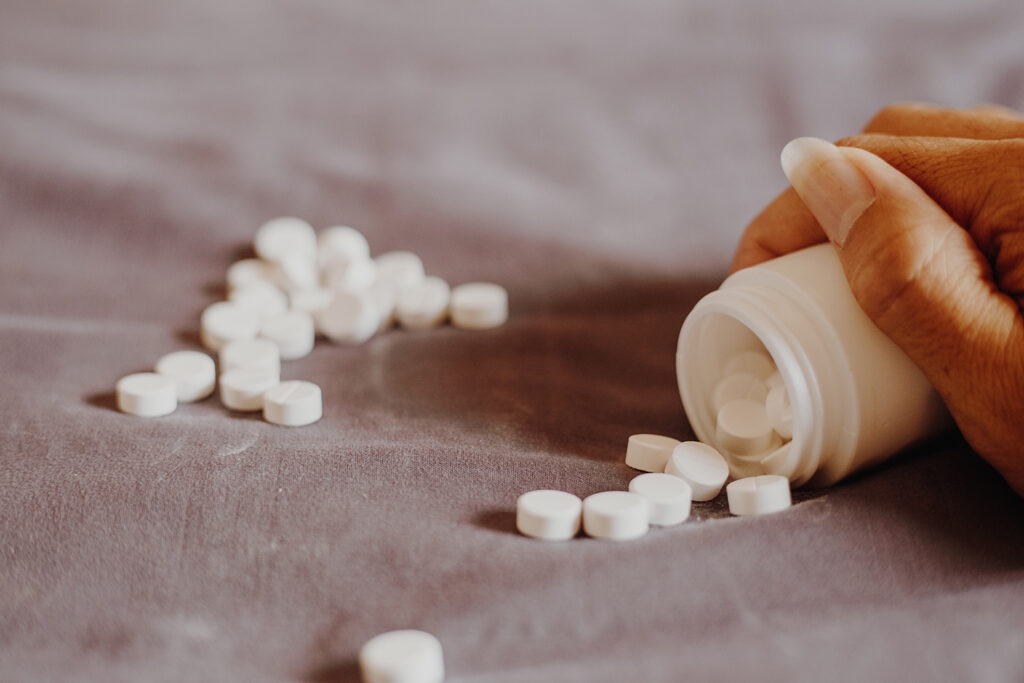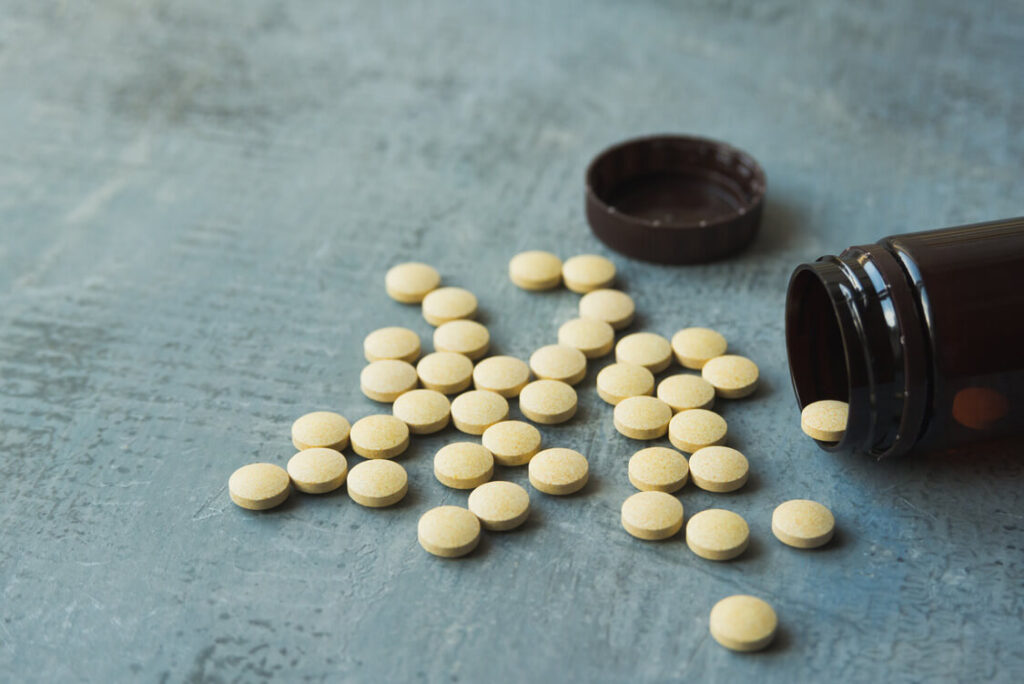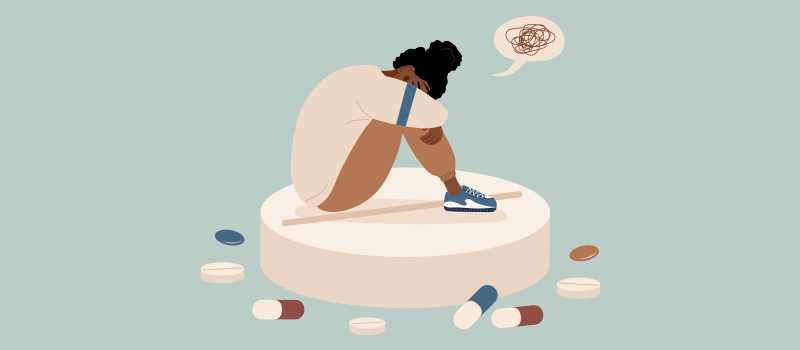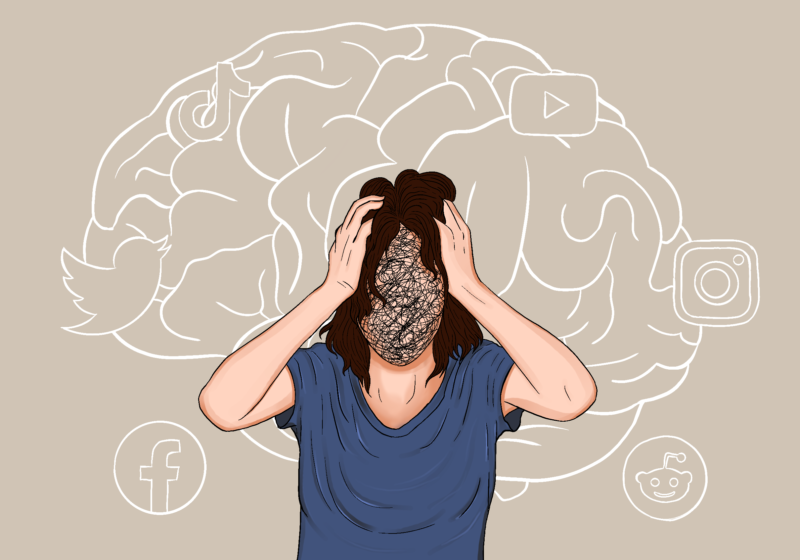In the late ’90s, the medical community struggled to find a means for treating chronic and acute pain without utilizing existing drugs that were considered addictive. During this time, pharmaceutical companies presented medical providers with opioid pain medications, reassuring them that patients would not become addicted while using them. Consequently, prescriptions for opioid pain medications rose at significant rates leading to widespread misuse as it became clear these medications were indeed highly addictive. In 2017 alone, nearly 50,000 Americans died due to opioid overdose, including prescription opioids, heroin, and illegally manufactured fentanyl. As the medical and legal communities began to focus on reducing the amount of opioids medications “on the street,” those struggling with addiction began to turn to illegal drugs such as heroin to obtain the same high.
The Devastating Truth About Heroin Addiction
Prescription opioids such as OxyContin and Vicodin have similar effects on the body to heroin. Consequently, when those addicted to prescription drugs have difficulty obtaining their drug of choice, they often turn to heroin as a substitute. Research has shown about 6% of those who misuse prescription drugs eventually switch to heroin, and as many as 80% of those who currently struggle with a heroin addiction first misused prescription opioids.
Heroin is a highly addictive drug. When you use heroin frequently, it is easy to develop a tolerance leading to needing to ingest higher or more frequent doses to achieve the same “high.” The need to use more often leads to overdose if one does not seek addiction treatment
and medically assisted detox. In 2018, approximately 15,000 people died from a drug overdose involving heroin in the United States. Although overdose rates slowly declined between 2017 and today, nearly one-third of all overdose deaths still involve heroin.
Heroin Treatment in New Jersey Explained
Although choosing to seek addiction treatment can be difficult, it is essential to detox from heroin in a safe environment. Heroin and other opioids can produce intense and sometimes life-threatening side effects when you stop using. For this reason, it is highly recommended you seek an addiction treatment center that offers medically assisted detox to help you defeat a heroin addiction. Treatment for heroin addiction often includes various forms of treatment, including medications and behavioral therapies.
Medications are generally used early on (during detox) to help ease withdrawal symptoms and make the detox process safer and more manageable. There are also certain medications that can be used during and after detox to help reduce cravings by blocking the receptors in the brain heroin typically binds to. This helps to prevent the drug from having the same effect.
It is important to remember that detox is only the first step in heroin treatment in New Jersey. Once detox is complete, it is essential to participate in addiction treatment therapy to help modify drug-seeking behaviors. Various behavioral therapies are used during treatment to teach effective coping skills that can be used after treatment ends.
How to Get Help with A Heroin Addiction
There are many heroin addiction treatment options available. The first and most essential step is to determine your specific treatment needs. For example, do you have a co-occurring mental health condition or addiction? It is important to consider those needs when choosing an addiction treatment center. If you aren’t sure where to begin, you can contact your primary care provider for a referral or look to one of the many online resources designed to help educate you about addiction treatment. Finally, you can also directly contact an addiction treatment center like Relevance Recovery in New Jersey to talk to an admissions counselor and ask any questions you may have about heroin addiction treatment. It is possible to achieve sobriety after a heroin addiction. Let our caring and compassionate staff at Relevance Recovery help you reach that goal.









